7 Great Congressional Dramas
Congressional History
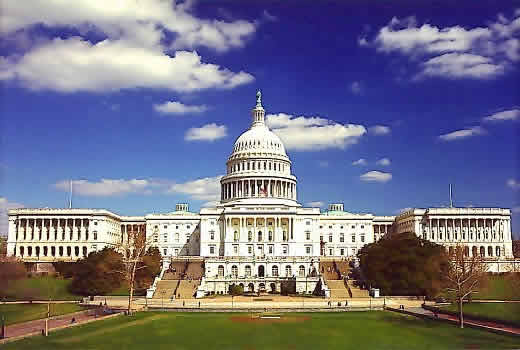
Congress has set the scene for many memorable debates since the Senate and the House of Representatives first convened in 1789, sometimes appearing more like a three-ring circus than a distinguished branch of the federal government.
From firearms to filibusters, here are seven of the greatest, strangest and most dramatic moments in congressional history:
Prohibition of the Slave Trade
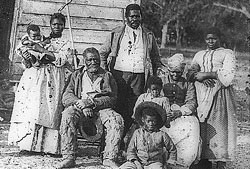
A peculiar provision of the U.S. Constitution, adopted in 1787, outlined that the government could not prevent the importation of new slaves to America for at least 20 years. Two years in advance of the deadline, abolitionist senators drafted an act to ban the practice, to become effective Jan. 1, 1808. They would need the time. A fist-banging debate over the bill raged for months in the House, as many representatives — slaveholders themselves — feared that the bill would lead to universal emancipation and saw it as an affront to their "private property." The bill passed anyway, though slavery itself remained legal until the end of the Civil War.
The Compromise of 1850

With the territory of the United States growing rapidly due to Western expansion and military victories over Mexico, the government was pushed to enact new slavery laws to ease tensions between the North and South. A package of five bills was sent to Congress as a "Compromise" meant to keep everyone happy, supporting the new states' rights to decide on slavery but severely limiting slavery in other ways. It did not go according to plan. The debate was so heated that at one point Mississippi Senator Henry Foote, who supported the bill, drew a pistol on an opponent from Missouri, Senator Thomas Benton. Foote was wrestled to the ground, and the Compromise of 1850 was ultimately passed. Foote continued to serve in the Senate and later ran for governor.
The Impeachment of Andrew Johnson
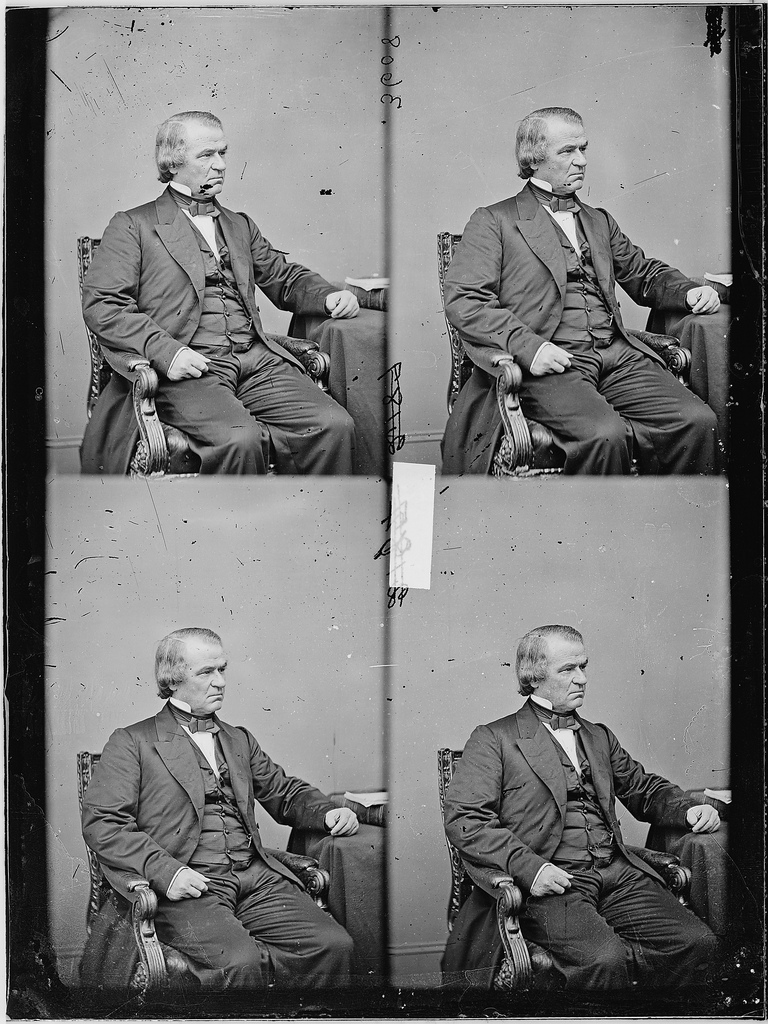
It wasn't a debate over a bill, but the impeachment trial of President Andrew Johnson that was held in the Senate in 1868 was as dramatic as any past or future arguments over legislation. The impeachment of Lincoln's successor for high crimes and misdemeanors began with an opening argument by the prosecution that included the accusation that "by murder most foul [Johnson] succeeded to the Presidency, and is the elect of an assassin to that high office, and not of the people." Johnson was acquitted by just one vote, narrowly avoiding removal from office.
FDR & the 100 Days
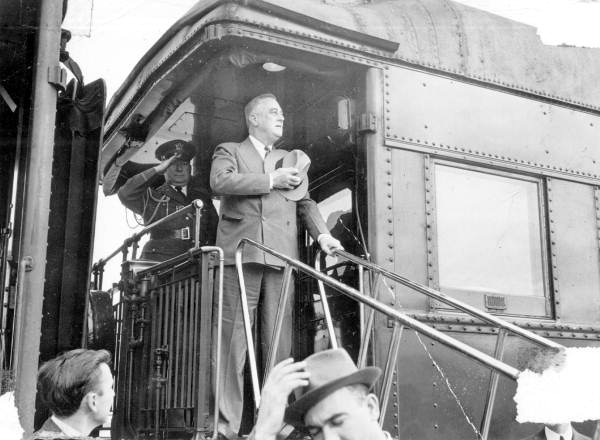
Notable for its united front as opposed to any cross-party shenanigans, the Congress that greeted Franklin Roosevelt upon his inauguration in 1933 gave him unprecedented bipartisan support. The special session that he called, which lasted for 100 straight days, passed every single New Deal law the new President asked to have enacted. The first took just six hours to go from its introduction in the House to being signed into action by Roosevelt, with no debate or amendments whatsoever. Legislation during FDR's 100 days was merely waved through, never discussed, joked some senators.
The Filibuster of 1935
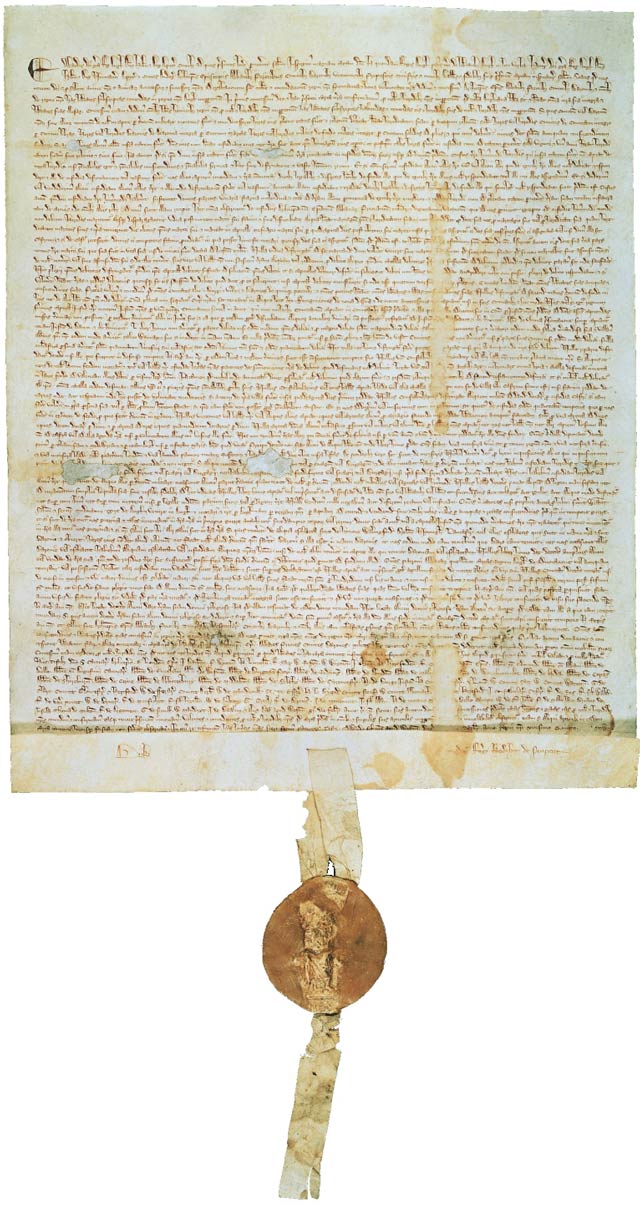
Louisiana's Huey Long was already considered one of the Senate's most colorful characters before his milestone moment delivering one of Congress' longest filibusters in 1935. Long spoke for 15 and a half hours, reading the U.S. Constitution in its entirety in an attempt to stall a particular New Deal vote. When he finished the Constitution, Long read recipes for fried oysters and other southern dishes as colleagues dozed at their desks. A bathroom break at four in the morning terminated the senator's filibuster and his motion was defeated.
The Filibuster of 1957
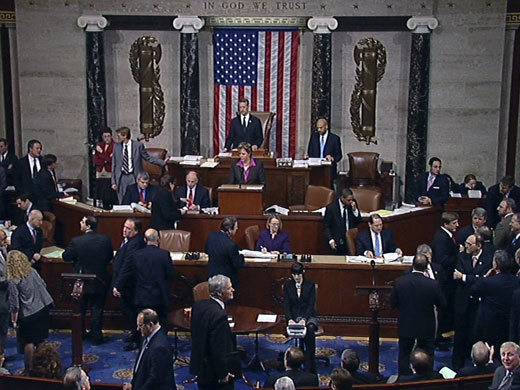
Senate stalwart Strom Thurmond one-upped Long with the longest filibuster conducted by one person in congressional history, stalling debate on the Civil Rights Act of 1957 for a staggering 24 hours and 18 minutes. Thurmond visited a steam bath prior to his filibuster in order to dehydrate himself and stave off the urge for a bathroom visit, and had time to read the election laws of all 48 states, among other things. The Senate later passed the legislation.
Bush Troop Surge of 2007

To say that the Iraq War caused some heated debate in Congress would be an understatement, but it wasn't just the original war resolution in 2003 that got representatives all riled up. In 2007, after the President's announcement to send 20,000 additional troops to Iraq, a concurrent resolution voicing Congress' disapproval of the plan went up for debate. Over a fiery 4 days, Democrats questioned the President's abilities and purpose of the war itself and Republicans highlighted the growing danger of Islamic extremists. The largely symbolic resolution was eventually passed, but the pointed criticism on the floor marked a major shift in Congress' support for the administration.
Sign up for the Live Science daily newsletter now
Get the world’s most fascinating discoveries delivered straight to your inbox.











